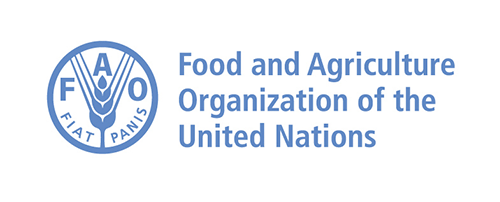The FAO Legal Office provides in-house counsel in accordance with the Basic Texts of the Organization, gives legal advisory services to FAO members, assists in the formulation of treaties on food and agriculture, for which the Director-General acts as Depositary, publishes legal studies and maintains a database (FAOLEX) of national legislation and international agreements concerning food and agriculture (including fisheries, forestry and water).
Members:
Resources
Displaying 2066 - 2070 of 15550Regulations governing Intestate Estates 1938 (Administration Order No. 3 of 1938).
These Regulations regulate matters of succession and administration of (real) property in the case a person dies intestate. The Chief of the District will make a list of all property of the deceased. Distribution of the property shall take place in accordance with provisions of these Regulations.
Trust Land Act (Cap. 288).
This Act makes provision for the administration of Trust land as defined by section 114 of the Constitution of Kenya, the setting apart of an area of Trust land for use and occupation for specified purposes, the use of Trust land and for other related purposes.
Land Tax Reduction and Exemption Regulations.
These Regulations, consisting of 36 Articles divided into 5 Chapters, are enacted pursuant to Article 6 of Land Tax Act and Article 25 of the Equalization of Land Right Act. The Regulations provides for the reduction/exemption standards (Chapter 2), the reduction/exemption procedure (Chapter 3) and inspection and supervision (Chapter 4).
Implements: Land Tax Act. (2015-07-01)
Subordinate Courts Act (Cap. 28).
This Act provides for the establishment of subordinate courts to the High Court in each District, and provides with respect to the jurisdiction, proceedings and administration of such courts. There shall be three classes of subordinate courts for each District. Subordinate courts may transfer proceedings at any stage to a Local Court.



